Lied Ruckert 5: Liebst du um Schoenheit
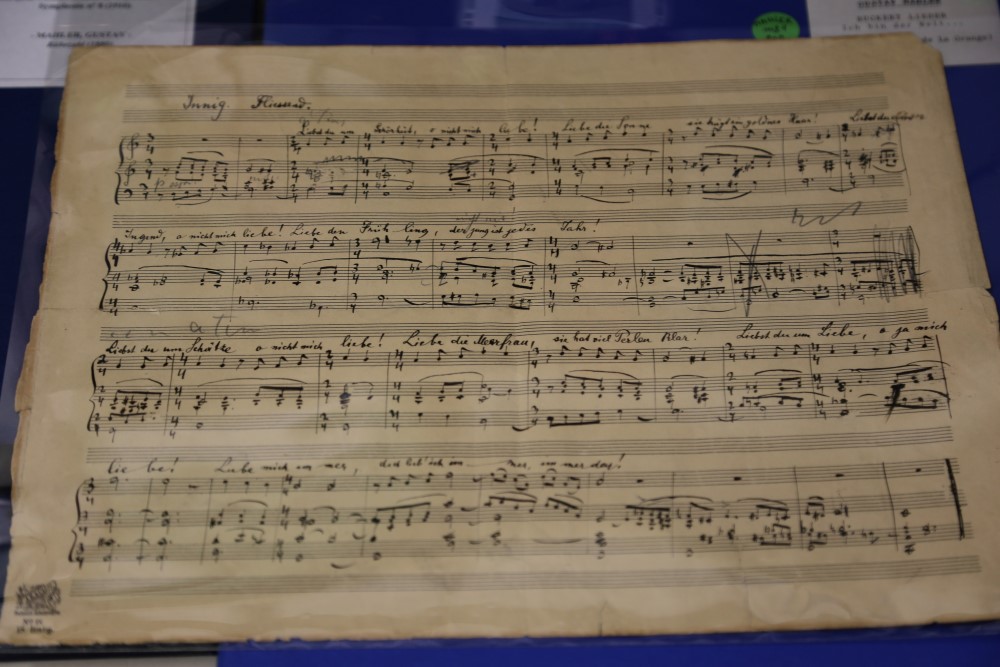
The most traditional of the songs was the last composed, “Liebst du um Schönheit.” It is the most clearly strophic in form, with the four stanzas presented in pairs, with a very brief orchestral interlude in the middle. The first three stanzas are clear variants of one another. The fourth begins as if it were […]
Lied Ruckert 4: Ich bin der Welt abhanden gekommen
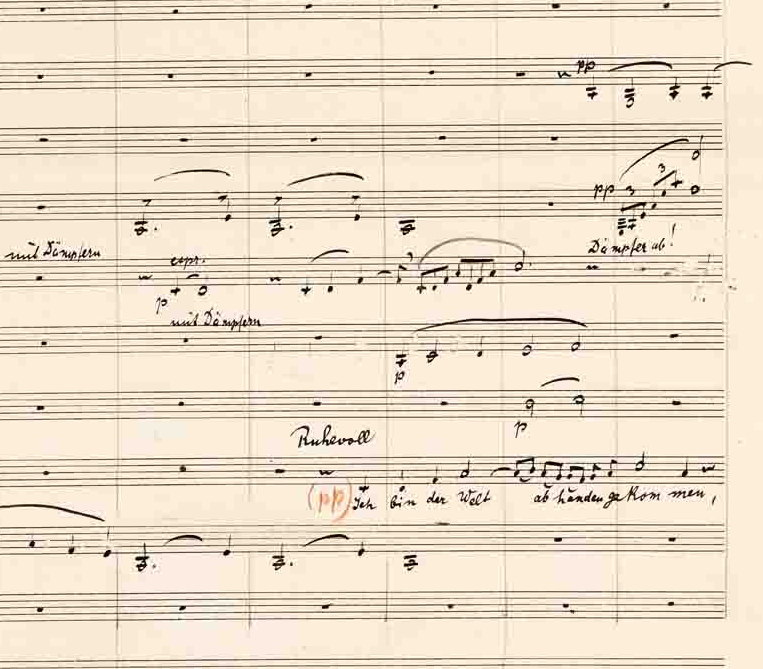
The poetic theme of “Ich bin der Welt abhanden gekommen,” one of Mahler’s most beautiful and moving songs, is again unusual. It evokes the peace achieved through the poet’s withdrawal from the everyday turmoil of the world and his absorption in the most meaningful and central aspects of his life: his heaven, his life, and […]
Lied Ruckert 3: Um Mitternacht
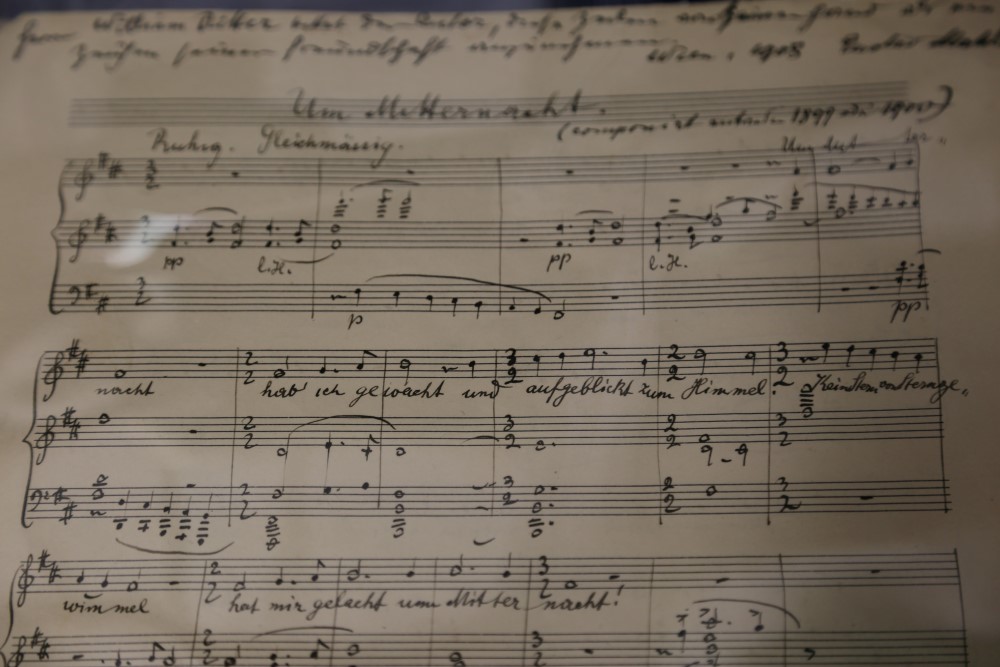
Um Mitternacht moves from the most brilliant day to deepest night, and the change is once more immediately apparent in its coloration. Mahler calls for an orchestra without strings. In addition to pairs of woodwinds (with a single oboe d’amore replacing the usual oboes), three horns, two trumpets, three trombones, a single tuba, and timpani, […]
Lied Ruckert 2: Ich atmet’ einen linden Duft!
Ich atmet’ einen linden Duft is perhaps unique in musically evoking a fragrance, the delicate fragrance of the lime tree with which the poet associates his love. The color of the setting is still more transparent, and much brighter than “Blicke mir nicht.” The orchestration again consists of single winds, horn and harp, but only […]
Lied Ruckert 1: Blicke mir nicht in die Lieder
Blicke mir nicht in die Lieder explores a more unusual theme. It warns the listener not to be too inquisitive about the process of creation, and suggests that the poet does not trust himself to inquire too much: only the finished work counts, not how it was achieved. The analogy made with the work of […]
Lied 2: Der Tamboursg’sell
Tamboursg’sell is the last composed of Mahler’s Wunderhorn settings. Like Revelge, it is sung by a doomed drummer. Rather than lying in the field, however, this drummer lies in prison. Where Revelge was manic, this song is more heavy and mournful. The drum rolls here are slower and more deliberate, and are balanced by lamenting […]
Lied 1: Revelge
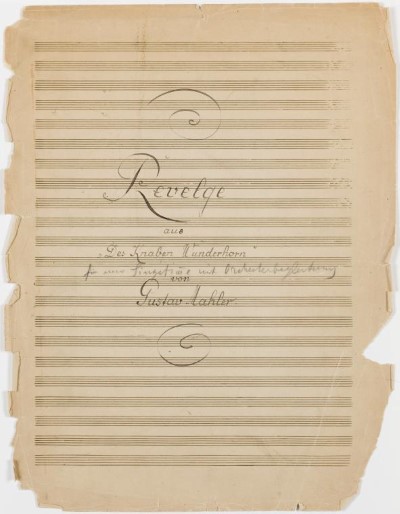
Revelge is the most intense and manic of the Wunderhorn settings, and also by far the most extended. It is a persistent march of a magnitude matching the great march movements of the symphonies. The speaker is a fallen drummer boy whose comrades pass him by on the march and leave him for dead. For […]
History Ruckert-Lieder
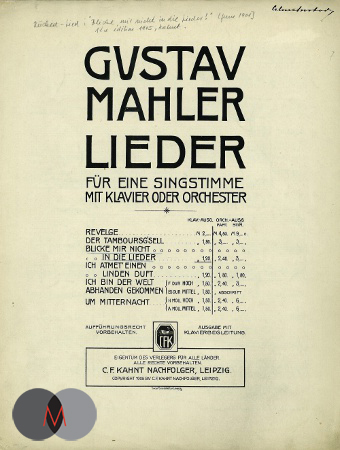
Composed Performances by Gustav Mahler Versions Completed in 08-1901 for both piano and orchestral version, in Maiernigg, premiered 1905 Concert Vienna 29-01-1905 – Des Knaben Wunderhorn, Kindertotenlieder, Ruckert-Lieder (Premieres): Completed 10-08-1902 for piano (no orchestral version), in Maiernigg, premiered 08-02-1907 in Vienna. Gustav Mahler present. Rose Quartet. Year 1902. Publications The set of songs is not […]
History Lieder eines fahrenden Gesellen
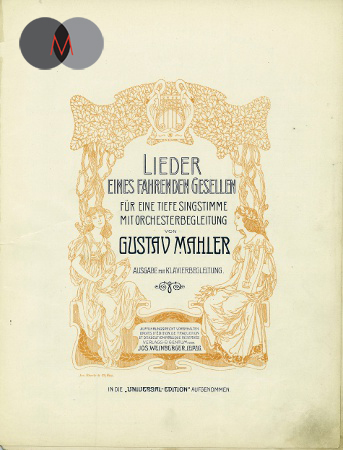
Composed Year 1884. Year 1885. Performances by Gustav Mahler First performance: Berlin, March 16, 1896, with the baritone Anton Sistermans (1867-1926). (Premiere). 1900 Concert Vienna 14-01-1900 – Des Knaben Wunderhorn (Premiere), Lieder eines fahrenden Gesellen. 1905 Recording Leipzig 09-11-1905 – Lieder eines fahrenden Gesellen, 4 songs (1884-1885) – Lied 2: Ging heut’ Morgen uber’s Feld […]
History Symphony No. 9
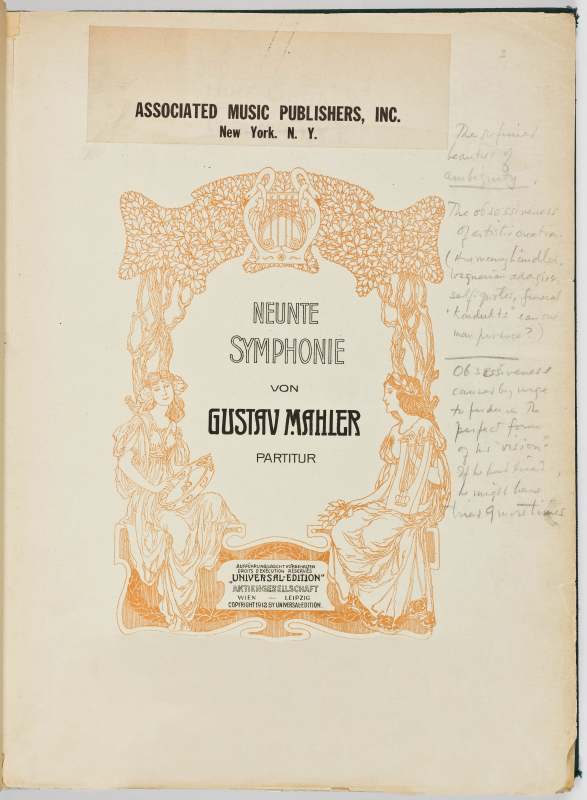
Composed Year 1909. 02-09-1909 Toblach: Completes draft orchestral score of Symphony No. 9. Performances by Gustav Mahler None. The work was premiered on 26-06-1912, at the Vienna Festival by the Vienna Philharmonic Orchestra conducted by Bruno Walter (1876-1962). Versions Duration: Movement 1: Andante comodo 31.00 Movement 2: Im Tempo eines gemachlichen Landlers. Etwas tappisch und sehr derb 17.00 Movement 3: […]
